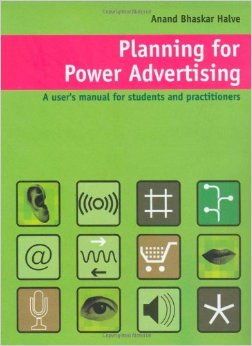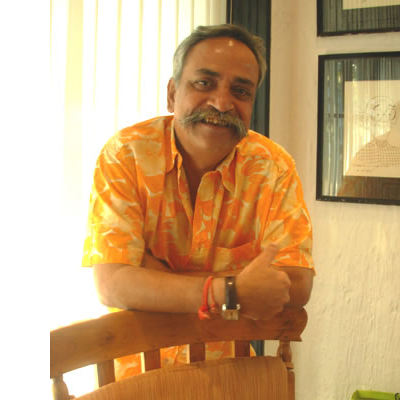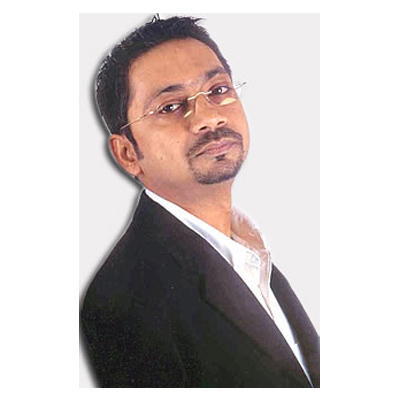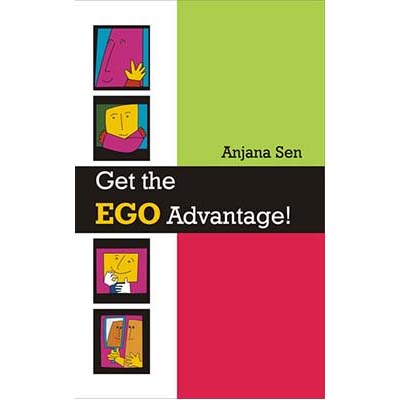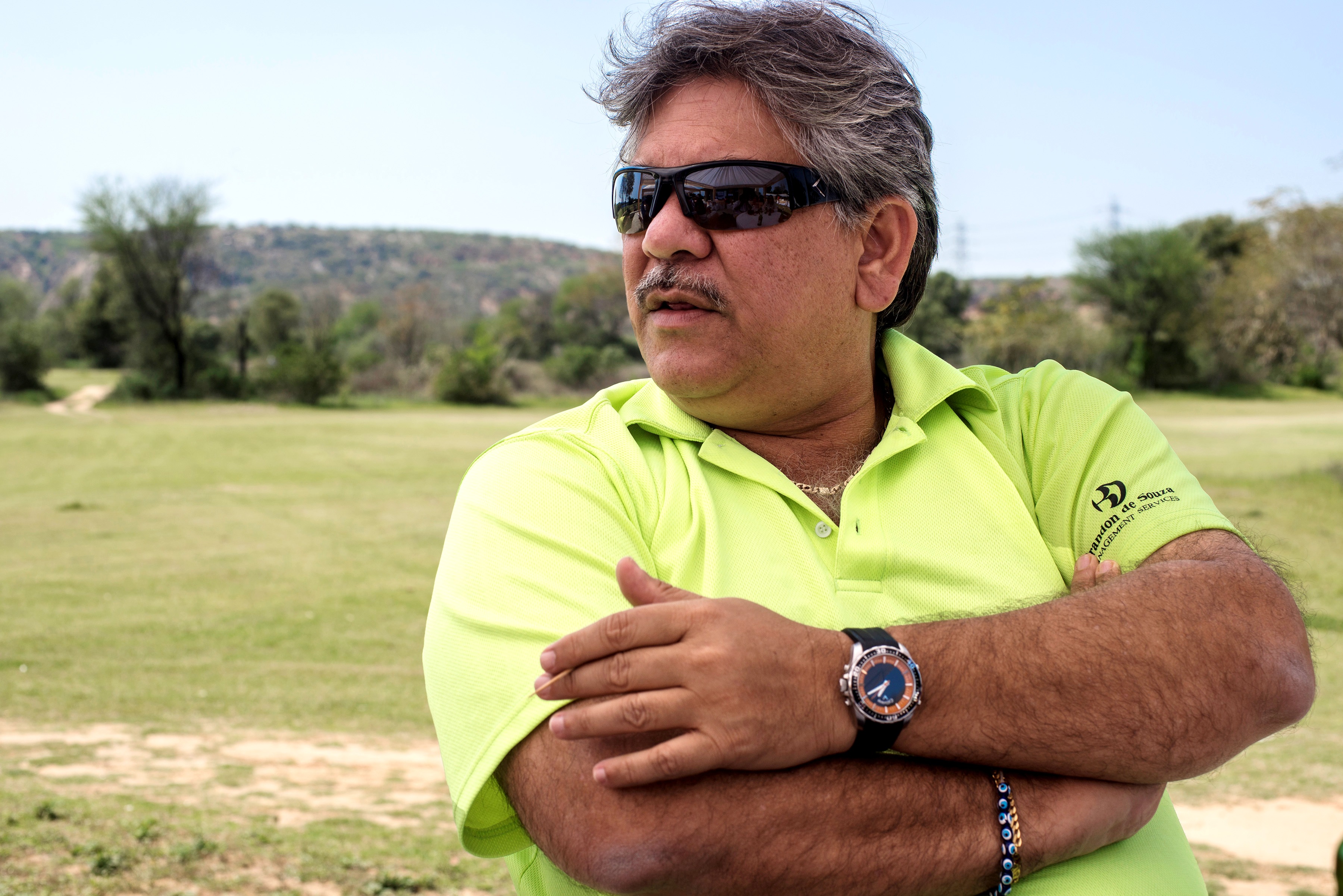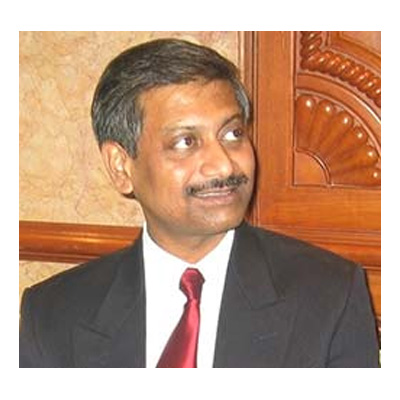Planning For Power Advertising: Review
About the Author - Anand Bhaskar Halve has over 25 years of experience in advertising and is a founder member of chlorophyll brand and communications consultancy, Mumbai. An alumnus of the Indian Institute of Management, Ahmedabad (IIMA), he also conducts advertising workshops there, and has been a visiting faculty a the Mudra Institute of Commnciations, Ahmedabad (MICA).
About the Book
With more than 50 million mobile phones beeping around the country, mushrooming brands at the supermarkets, and sprawling shopping malls all over, the challenge clearly for advertisers is to create powerful advertising that helps brands stand out in the crowd.
The book is step-by-step guide to producing a sound foundation for advertising : one that will serve as the springboard to inspire powerful creative expressions. Rich in cases from the living Indian context, Planning for Power advertising offers an understanding of how strategic advertising is created. It takes the reader through cases and analyses of what worked or did not work in the marketplace.
Anand Halve involves the reader throughout in exercises with Action Points at the end of most chapters - an approach that brings alive the concepts within, and helps readers discover the theory in practice.
Participatory and pragmatic in its approach, the key issues discussed are competition and the changing nature of the markets. Understanding differentiator and motivators - discovering what changes the consumer's mind. How to look, bend positioning and identify what can make your brand unique.
With a robust advertising brief, for students of advertising and marketing, planning for power advertising is a stimulation exercise from which they will learn how to apply the principles that will help them in their future careers.
